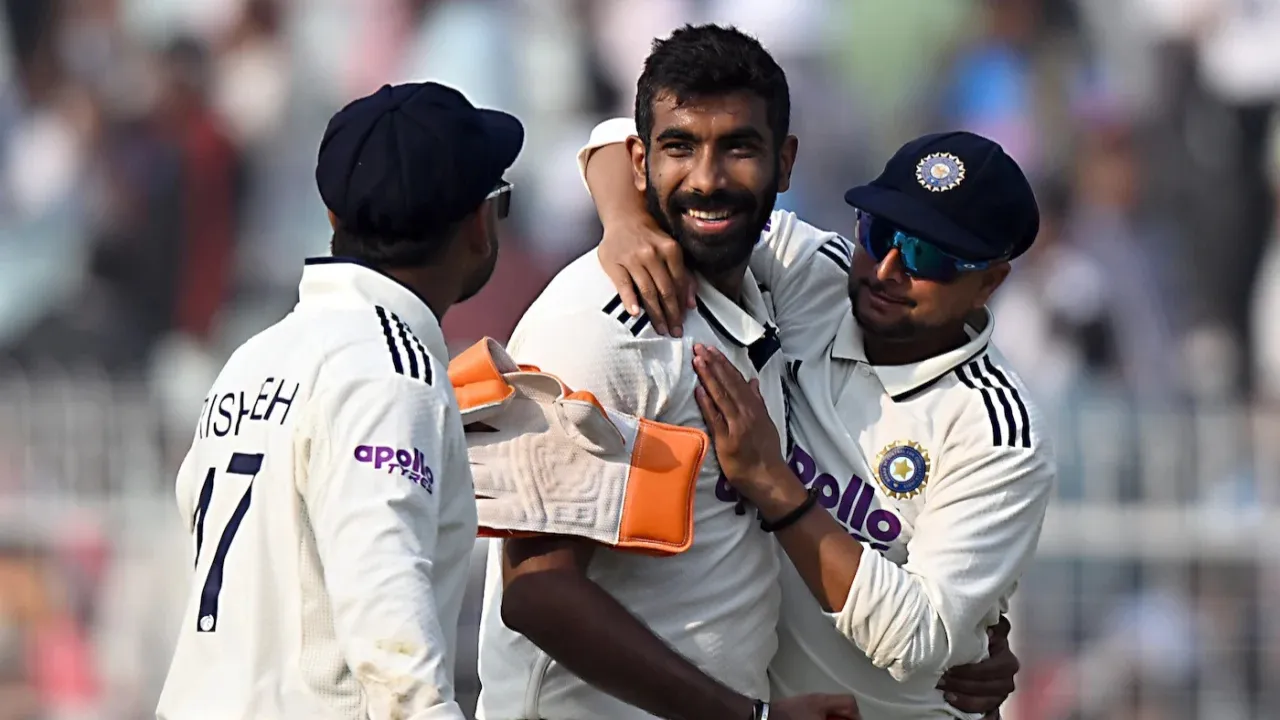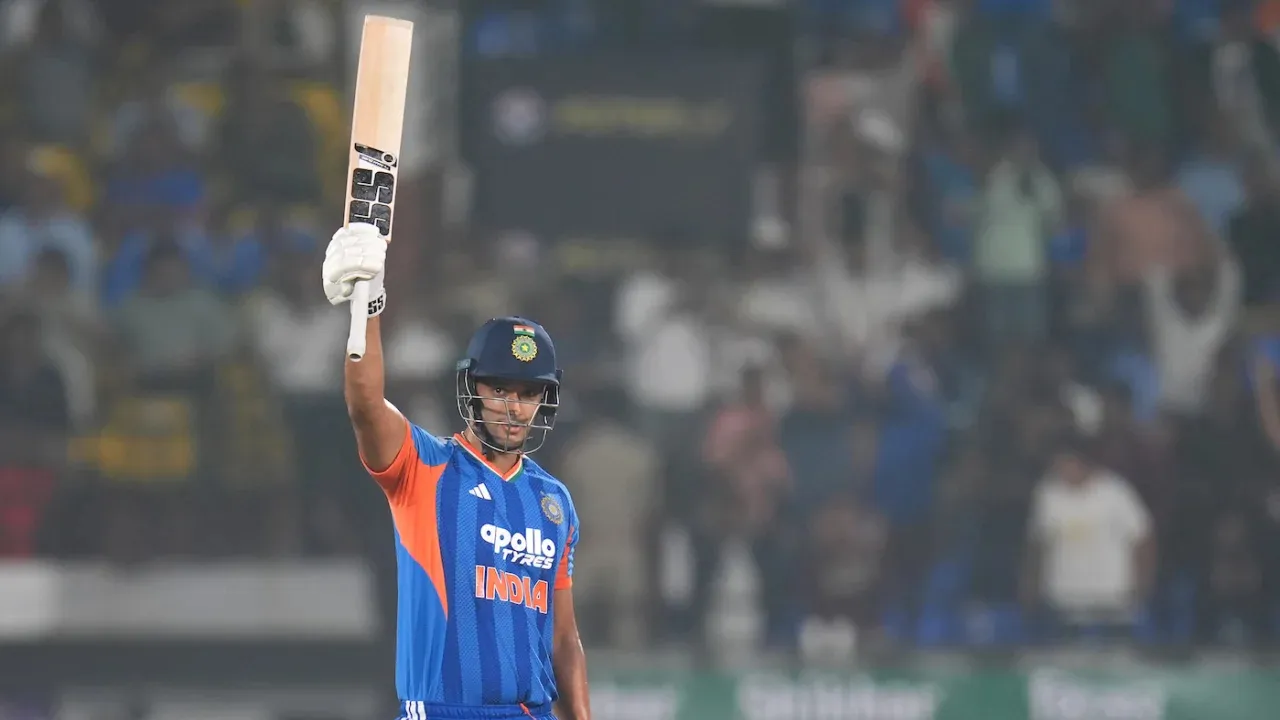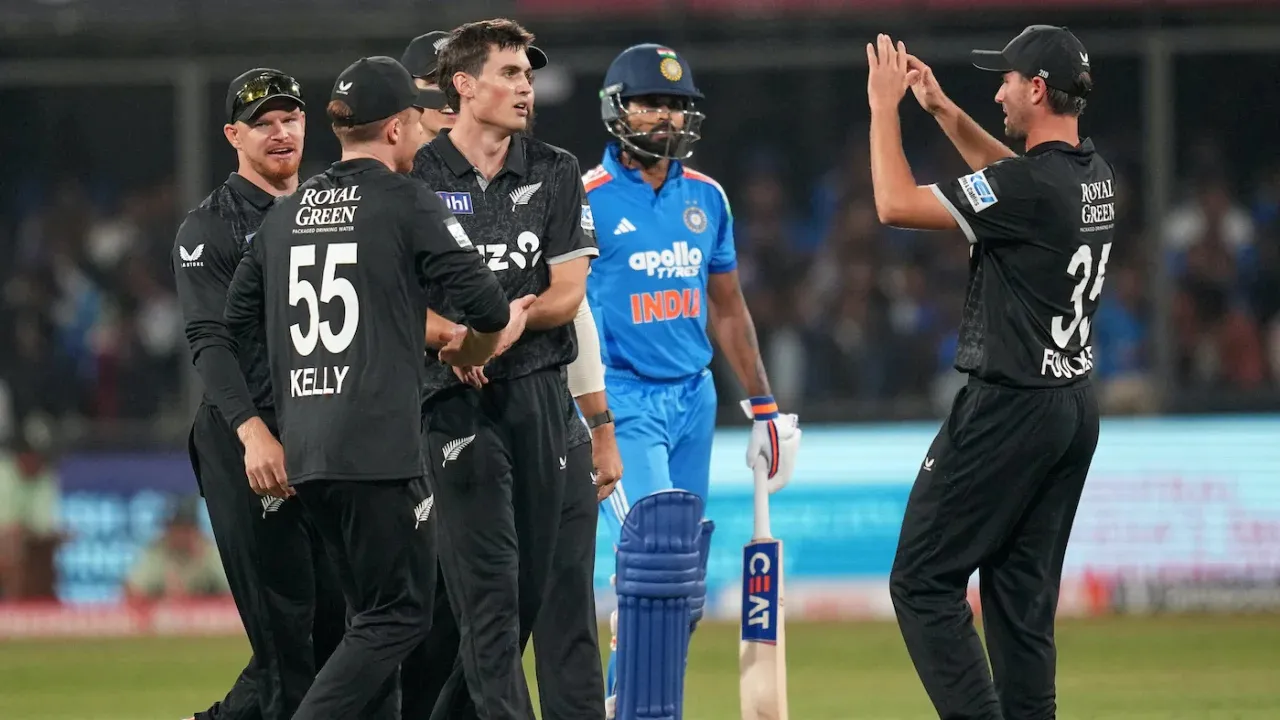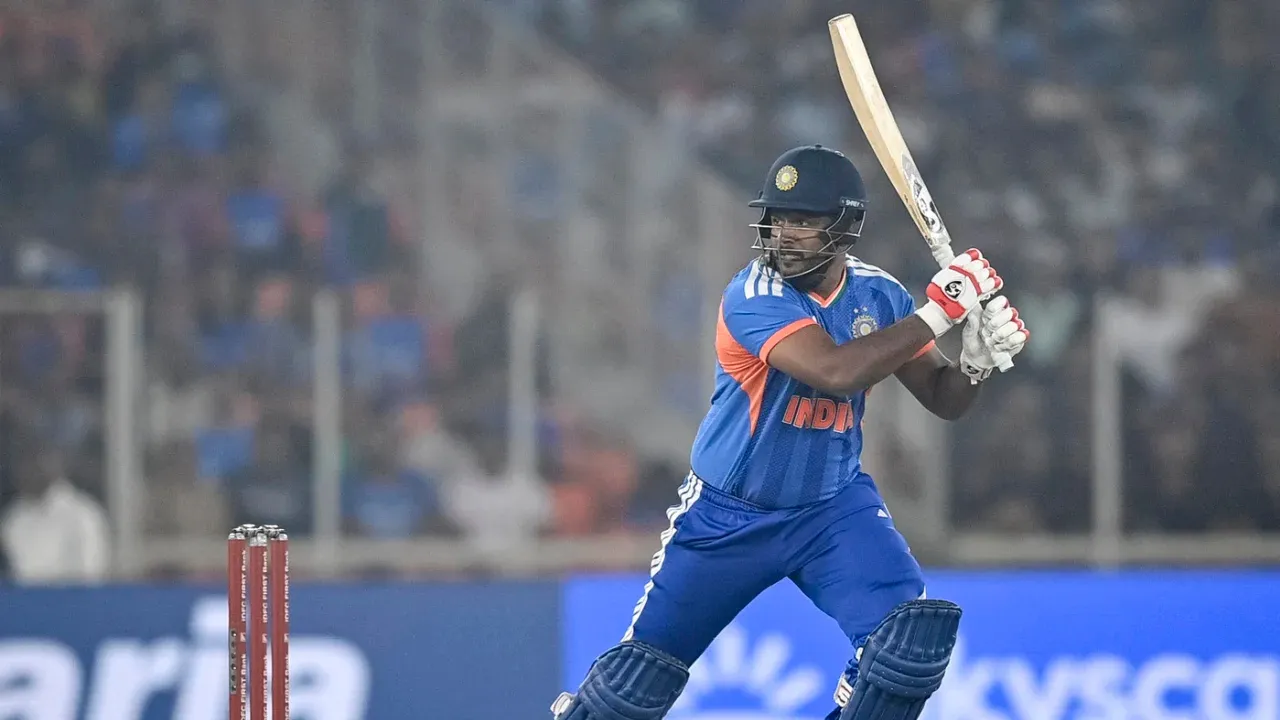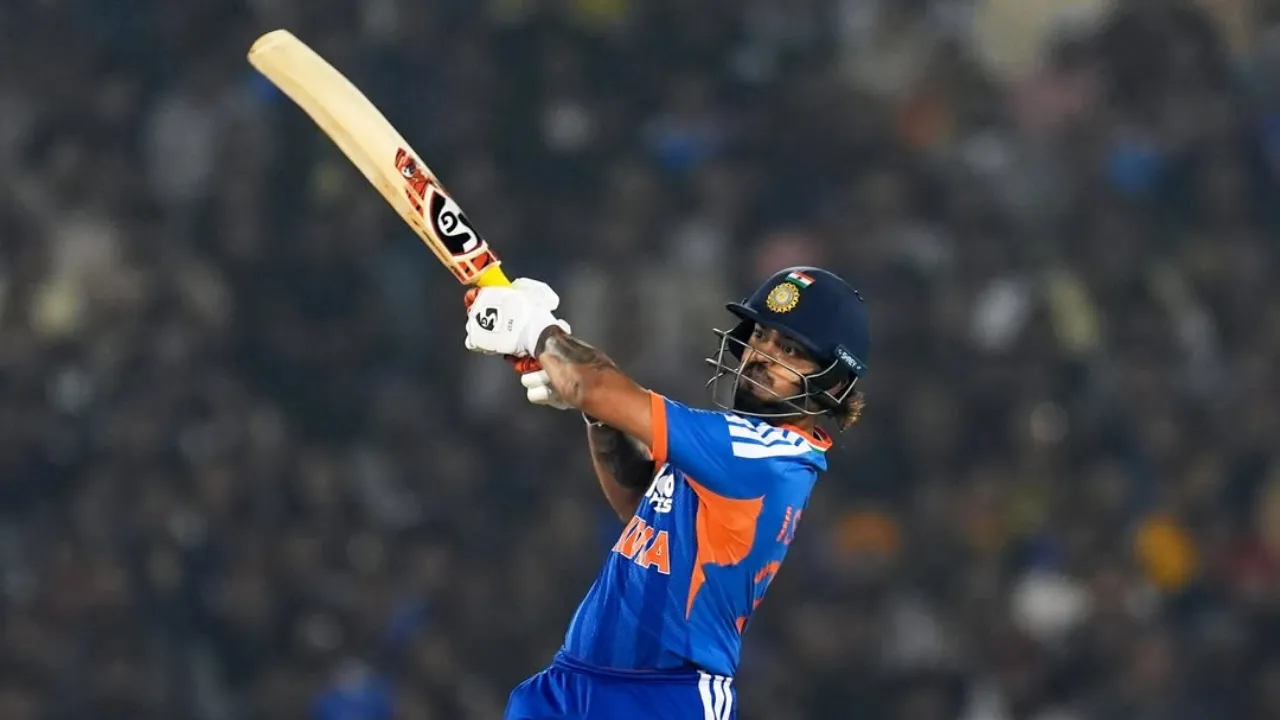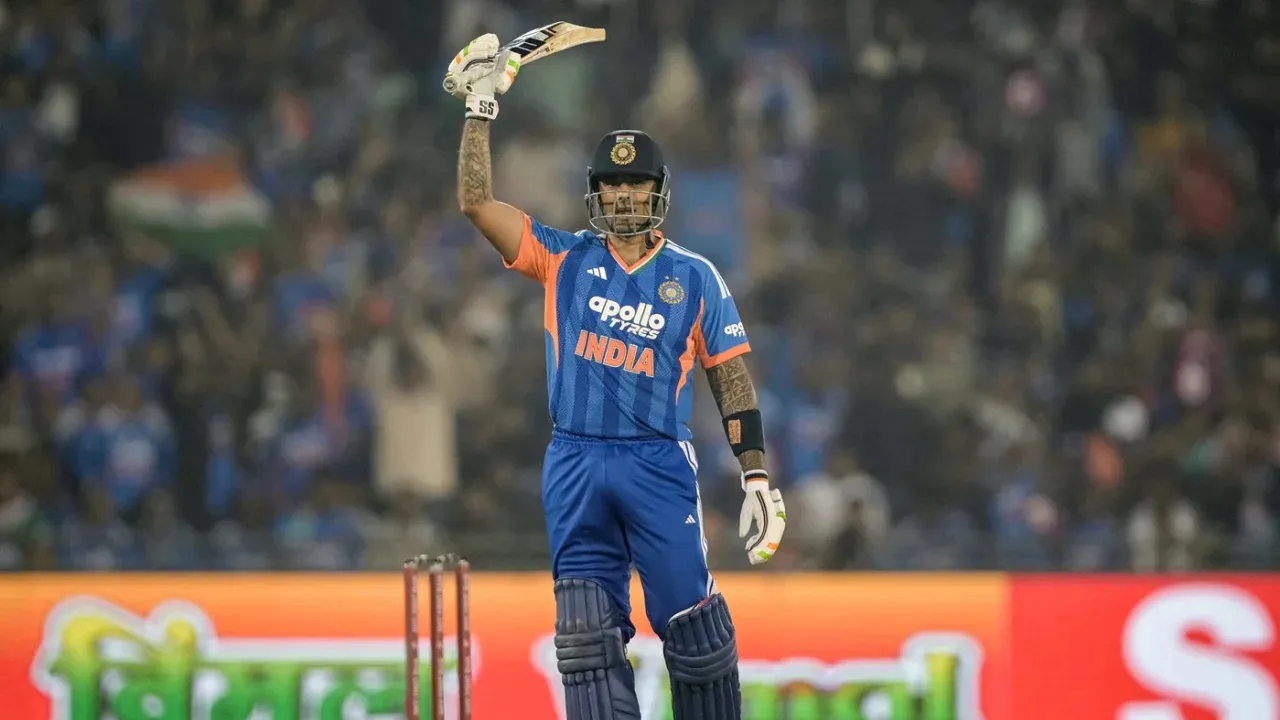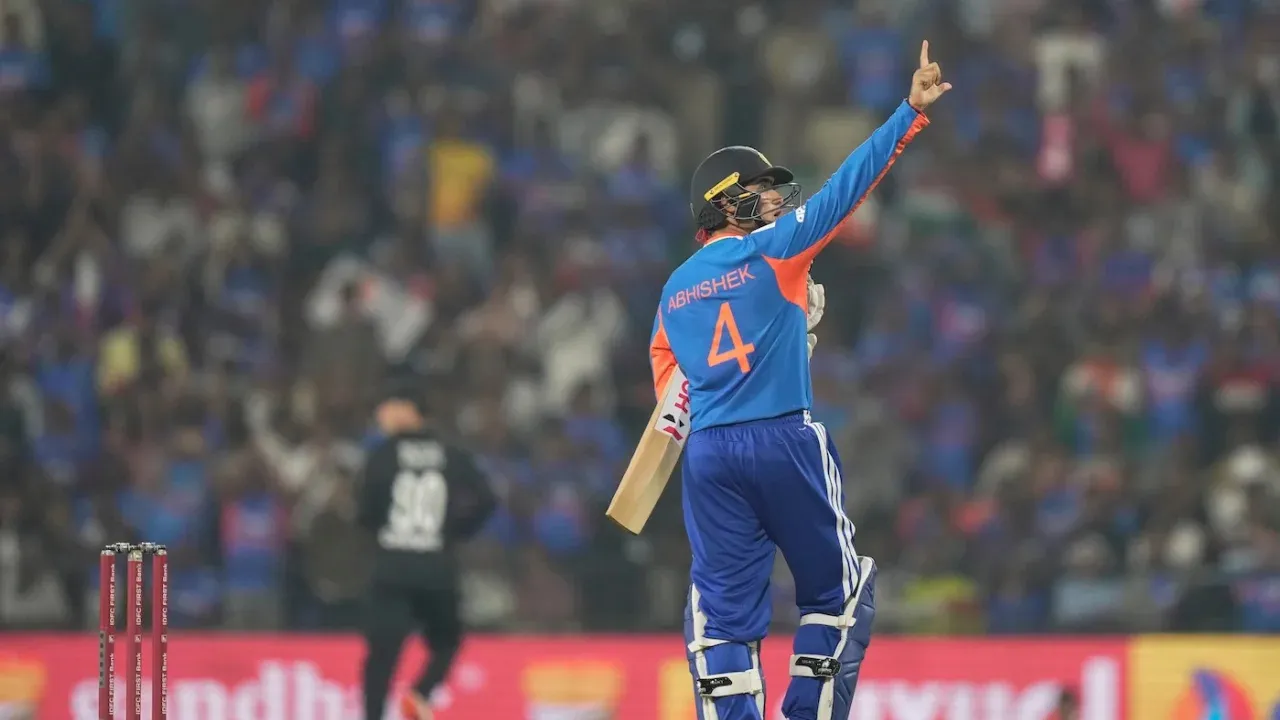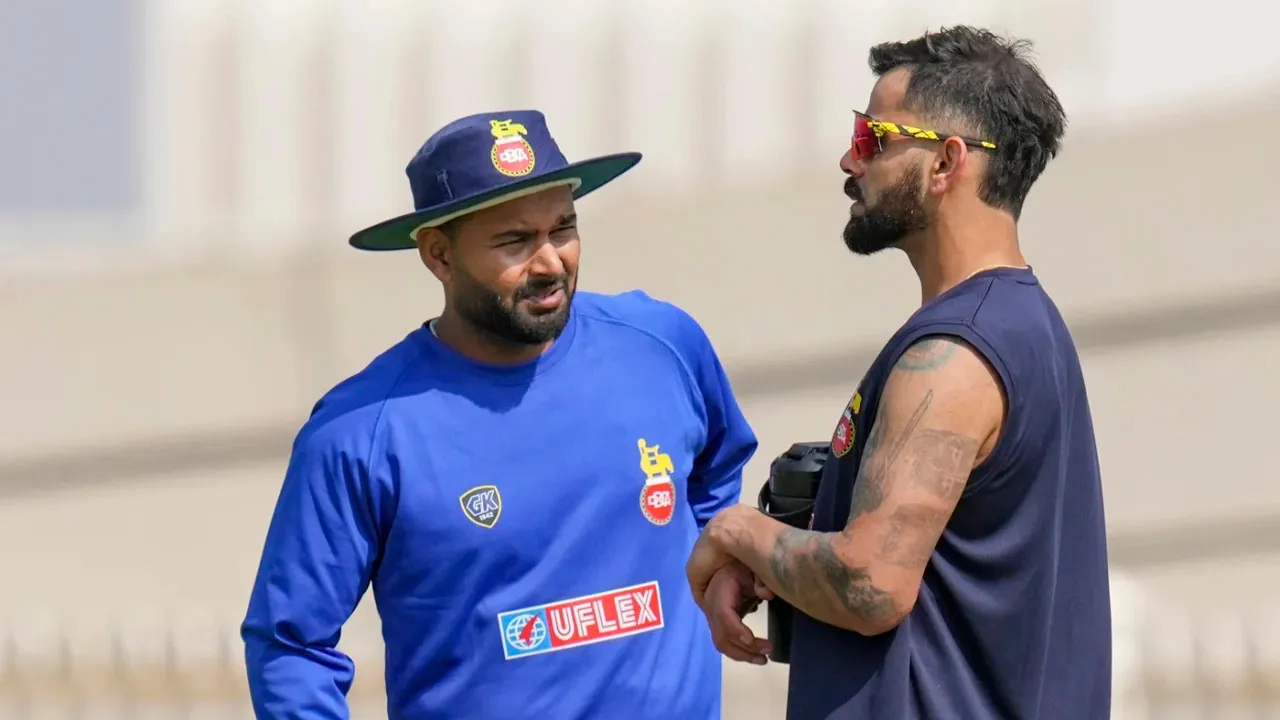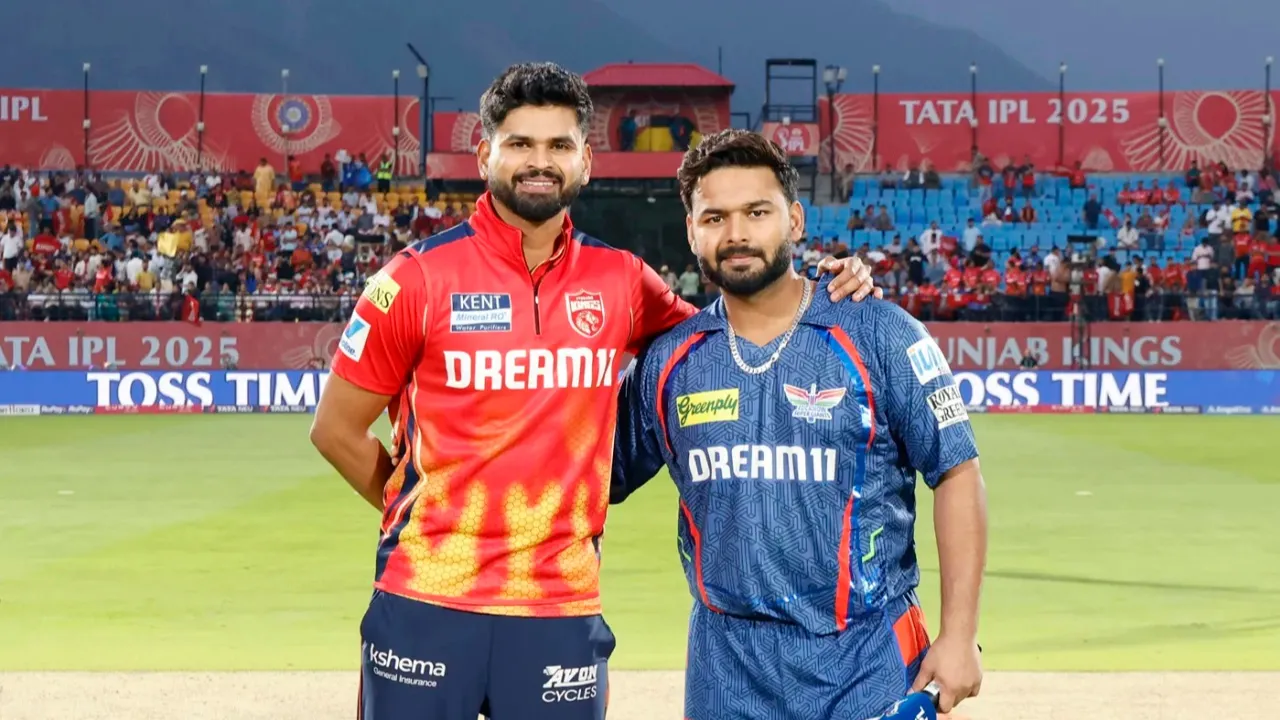Jasprit Bumrah and the DRS row: what actually happened — and what didn’t
A viral clip and a sharper-than-usual stump-mic moment have sent cricket fans into a spin: did Jasprit Bumrah really say “Ye Bauna bhi hai b*******d” while discussing an LBW review for Temba Bavuma? Short answer — there is no reliable evidence that he did. What we do have is a clear, well-documented incident from India vs West Indies (October 2025) in which Jasprit Bumrah was heard telling the umpire that “you know it was out” after a DRS (LBW) review went against India. I’ll walk you through the facts, the likely origin of the confusion, and how to read and share such audio clips responsibly.
The verified moment: Bumrah, the DRS and John Campbell
What happened on the field
During the second Test between India and West Indies in New Delhi (October 2025), India reviewed an LBW appeal from Jasprit Bumrah against John Campbell. The ball struck Campbell’s pads in front of the stumps; the on-field umpire gave not out and India used DRS. The third umpire found inconclusive evidence of a bat-to-ball spike and stuck with the original not-out decision. The stump mic caught Bumrah telling the umpire, in effect, that he believed it was out but technology couldn’t prove it — a line widely reported as: “You know it was out, but the technology can’t prove it.”
Outcome and context
Campbell went on to convert that reprieve into a big score (a century in that innings), and the moment became a talking point about the imperfections of technology-assisted decisions. Multiple mainstream outlets captured the exchange immediately after the match; none reported the Hindi expletive line you mentioned. The audio clip that circulated matches the “you know it was out” phrasing on stump mic recordings.
So where did the Bavuma + Hindi expletive claim come from?
Misinformation, mixing clips and wishful listening
There are three common ways such a specific quote can appear online:
- Audio/video splicing — Clips from different matches (or different parts of the same match) are combined and presented as one continuous moment.
- Misheard words — Stump-mic audio often has crowd noise, commentators and players talking; non-native listeners or those expecting anger can misperceive phrases.
- Social amplification — A social post repeats the misquote and it spreads fast; by the time mainstream outlets check, the false phrasing is already viral.
We can’t find any reputable report or match recording that places Jasprit Bumrah in conversation with the umpire about Temba Bavuma where he utters that Hindi expletive. The verified incident concerns John Campbell and the wording captured by stump mics was in English and far less abusive than the phrase you quoted.
Why this matters: player reputation, fair reporting and DRS limits
Impact on reputation
Jasprit Bumrah is one of cricket’s marquee fast bowlers and, like any public figure, is vulnerable to reputation damage when false quotes circulate. An unfounded, inflammatory phrase attached to his name could harm him personally and professionally. That’s why checking original match footage and trustworthy news outlets before sharing is essential.
The broader DRS debate
The core, fact-backed story here is about DRS and its limits. Even with UltraEdge and ball-tracking, some edges are faint and microphone spikes can be ambiguous. Players’ visible frustration in such moments is real — but it’s different from using abusive language. The episode highlights the human side of technology decisions: players, officials and broadcasters all have to interpret noisy data in real time.
How to verify similar viral audio/video in future
Quick checklist before sharing
- Look for the original match clip on official broadcasters or credible sports outlets.
- Check publication date and multiple independent sources — reputable sites like NDTV, Times of India, ESPN Cricinfo and similar typically confirm stump-mic quotes if they’re accurate.
- Beware of social posts that lack timestamps or linkbacks to the full game footage.
- If a quote is in another language or sounds garbled, search for a transcript or a reporter’s write-up that confirms the wording.
Using these steps would have exposed the mismatch in the Bavuma claim: the only documented incident involved Campbell, not Bavuma, and did not contain the Hindi expletive.
Bottom line: what we know about Jasprit Bumrah’s stump-mic moment
Clear facts you can rely on
- Jasprit Bumrah was involved in a notable LBW/DRS exchange during India vs West Indies in New Delhi (October 2025). The stump mic captured a frustrated but witty comment that technology couldn’t prove the dismissal. This is reported by multiple mainstream outlets.
- There is no verified evidence that Bumrah used the quoted Hindi expletive about Temba Bavuma in any match recording or reputable report. Claims that he did appear to come from social posts or garbled clips that mixed moments or misheard audio.
Final thoughts: share responsibly, and focus on the core issue
Players and fans will always show emotion during tight DRS calls — that’s part of the drama of cricket. If you want to discuss Jasprit Bumrah and what the DRS episode shows, stick to the verifiable facts: his fierce competitiveness, the stump-mic line about technology’s limits, and how marginal calls still matter. Avoid amplifying unattributed or sensational quotes.
If you saw the claim about Bavuma and the Hindi expletive on social media, treat it as unverified until you can find the original broadcast clip or a reliable news report confirming the exact words. That simple habit keeps reporting honest and protects players from unfair reputational harm.
